Jack: Hey Rich. What have you been doing?
Rich: Alright, Jack. I’ve just got back from my padel class.
Jack: Cool. You must be good at it, you’re not even wet?
Rich: What are you on about?
Jack: You’re learning to canoe or kayak or something?
Rich: No, not that kind of paddle. It’s the name of a sport.
Jack: Oh, really? I’ve never heard of it.
Rich: It’s really popular in Spain. Not as popular as football of course but lots of people play it.
Jack: So, what do you have to do in padel?
Rich: I’ll tell you in a bit. In fact, I’ll tell you in this week’s podcast which is all about minority sports.
Jack: Great.
Welcome - Gerunds & Infinitives
Rich: Hello my name’s Rich
Jack: and I’m Jack
Rich: and welcome to this week’s Premier Skills English podcast
Jack: Where we talk about football and help you with your English.
Jack: What’s happening this week, Rich?
Rich: In this week’s podcast, we are going to talk about minority sports and the grammar focus is on gerunds and infinitives.
Jack: Ah yes, gerunds and infinitives. That’s always something that learners find difficult as there are no easy rules to remember. We use the gerund after some verbs and the infinitive after other verbs.
Rich: We’ll look at some examples of these and we’ll have some activities and tasks to help you with this area of grammar.
Jack: Don’t forget to listen to the end because we have a new football phrase for you to guess.
Topic Focus
Jack: In the last section, you used the phrase minority sport. What would you say is a minority sport, Rich?
Rich: What’s a minority sport? Well, I’d say a minority sport is a sport that is not often on TV and or not so many people do it.
Jack: What like chariot racing or pigeon fancying?
Rich: Maybe a bit more popular than those!
Jack: Right, OK … you were talking about padel at the beginning of the podcast. You said it’s getting really popular.
Rich: Mmm, yes, so maybe it’s not exactly a minority sport especially in countries like Spain and Argentina but on a global level, it’s a minority sport.
Jack: So, a sport might be a minority sport in one country but not another. Football has global appeal, everyone knows it but there are lots of sports that are really popular in one country that people in other countries have never heard of.
Rich: In the next section, we’re going to talk about two minority sports.
Jack: I don’t know much about padel. So, I’ll ask you about that sport and then after I’ll tell you about a minority sport in the UK.
Rich: OK, then. Are you ready with your questions about padel?
Minority Sport 1
Jack: I really don’t know anything about padel. Would you mind telling me some basic things like where you play and what you have to do?
Rich: I suppose the best way to describe padel is that it’s a racket sport and it’s a kind of cross between tennis and squash.
Jack: OK, I’ve got a tennis racket so I can play.
Rich: No, sorry. You need a special racket for padel. It doesn’t have any strings like rackets for tennis and squash. It looks a bit like a big table tennis bat. It’s solid with some holes in it. But the balls are the same as tennis so you can use them if you have them.
Jack: Can you play on a tennis court?
Rich: Not really. You have a net in the middle like in tennis but a padel court is much smaller. The biggest difference is that you use the walls around the court too.
Jack: What do you mean?
Rich: It’s a bit like squash. You can hit the ball off a wall and the ball is still in play.
Jack: Why do you enjoy playing it?
Rich: I think I like playing it because it’s a new sport for me so it doesn’t matter if I’m not that good because I’m just learning to play at the moment.
Jack: Anything else?
Rich: It’s fun to play too. You usually play doubles so there are four of you. Because the ball stays in play a lot more than in tennis, I think it also gives you a better workout. I need to stop to have a rest every half an hour!
Jack: Maybe we should arrange to play a game one day? Not sure how many padel clubs there are near me though.
Rich: Sure. Right, now it’s your turn.
Minority Sport 2
Jack: I’ve decided to tell everybody about a sport called snooker.
Rich: That’s not a sport! It’s a game.
Jack: No, no. It’s definitely a sport. A cue sport. The people who run it even tried getting snooker into the next Olympics in Japan and it’s recognised as a sport by national governing bodies.
Rich: Alright, tell us more about snooker. You mentioned a cue?
Jack: A cue is the piece of wood that you use to hit the balls. A cue is used in sports like billiards and pool ... and snooker.
Rich: And you play snooker on a table, right?
Jack: Yes, actually, people are always really surprised by how big snooker tables are. A full-size snooker table is over three and a half meters long and nearly two metres wide. Most people couldn’t afford to have a snooker table in their house so you have to practise in special snooker halls.
Rich: And what do you have to do?
Jack: There are six pockets in the table and you have to hit different coloured balls into the pockets. Each ball is worth a number of points. There are two players and when you miss it’s the next person’s turn.
Rich: And is it popular?
Jack: In the UK, it’s quite popular; especially on TV although it was more popular in the past.
Rich: Can’t have been that popular on black and white televisions?
Jack: Not that far in the past! But in the 1980s you’d get about 20 million people watching the World Final that was more than the FA Cup final!
Rich: That is surprising!
Language Focus
Jack: In the last section, we spoke about two sports; padel and snooker.
Rich: And we used some examples of verbs with gerunds and some examples of verbs with the infinitive and to.
Jack: It can be difficult to know whether to use the gerund or infinitive so we’re going to look at some examples from the last section that should help you.
Rich: There are some exceptions to what we say here so what we are talking about are the most common instances; what is most frequent when it comes to using gerunds and infinitives.
Jack: OK, let’s start with gerunds. One example from earlier was ‘why do you enjoy playing padel’.
Rich: We use gerunds after many verbs that express likes and dislikes such as enjoy, adore, don’t mind, dislike, can’t stand, and detest.
Jack: An example of talking about something you like a lot could be: I adore watching football.
Rich: Or when you really dislike something you might say something like: I can’t stand waiting in queues.
Jack: However, even though the gerund is more common it’s also possible to use the infinitive with to after verbs such as like, love, hate and prefer. Rich said that he likes playing padel but he could also have said that he likes to play padel with very little change in the meaning.
Rich: It is a little bit different. When I say I like playing padel, I’m talking about my attitude to padel. If I say I like to play padel, it’s a bit like saying I think playing padel is a good idea. I like playing padel. I like to play padel on Wednesday evenings - it’s a good time to play.
Jack: It’s a subtle difference. The meaning is almost the same.
Rich: It’s not only verbs which are connected to likes and dislikes that often use the gerund. Some other verbs that usually use the gerund are: admit, avoid, can’t help, feel like, finish keep and regret.
Jack: We’ve got a table for you to look at these verbs in the lesson below this podcast and some activities to help you.
Rich: What about the infinitive?
Jack: I said earlier ‘I’ve decided to speak about snooker’ and ‘most people couldn’t afford to have a snooker table in their house’. Decided and afford are two verbs that are usually followed by the infinitive and to.
Rich: Some other verbs that are normally followed by the infinitive with to are: agree, deserve, hope, prepare and refuse. Don’t forget to look at the table in the lesson below this podcast and the activities to help you.
Jack: So, it’s possible to learn which verbs usually take the gerund and which usually take the infinitive with to but the most difficult thing to learn is when you can use both of them.
Rich: That would make it easier, wouldn’t it?
Jack: Yes, of course. Some verbs like er … like, can be used with the gerund or the infinitive and not change the meaning much. I like going to the cinema. I like to go to the cinema. This makes things easier.
Rich: But, you are talking about when the meaning changes.
Jack: Exactly. There are some verbs that change meaning depending on whether you use the infinitive or the gerund.
Rich: Shall we look at some examples?
Jack: Yes, let’s look at four examples.
Rich: The first verb is stop.
Jack: Listen to these sentences: Sentence one: I stopped eating meat because I think it’s good for the environment. Sentence two: I stopped to eat my lunch because I was hungry.
Rich: In the first sentence Jack uses the gerund: I stopped eating meat. Using the gerund means the activity ‘eating meat’ stopped.
Jack: In the second sentence, I used the infinitive: I stopped to eat my lunch. Using the infinitive means the activity ‘eating my lunch’ is the reason I stopped.
Rich: The second verb is try.
Jack: Listen to these sentences: Sentence one: Try to put the balls in the pockets if you want to win at snooker. Sentence two: If you want to do some new sports you could try playing padel or snooker.
Rich: In the first sentence Jack uses the infinitive: try to put the balls in the pocket. Using the infinitive means to attempt something.
Jack: In the second sentence, I used the gerund: Try playing padel or snooker. Using the gerund means to experiment with something possibly for the first time.
Rich: The third verb is mean.
Jack: Listen to these sentences: Sentence one: Dieting means giving up things like chocolate and ice cream. Sentence two: I’m meant to be on a diet but I ate three doughnuts yesterday.
Rich: In the first sentence, Jack uses the gerund: dieting means giving things up. Using the gerund here means involve.
Jack: In the second sentence, I used the infinitive: I’m meant to be on a diet. Using the infinitive here is talking about an intention. Another example could be I meant to phone you; sorry, I forgot.
Rich: The fourth verb is remember.
Jack: Listen to these sentences: Sentence one: I must remember to collect the children from school. Sentence two: I remember collecting football stickers as a kid.
Rich: In the first sentence Jack uses the infinitive: I must remember to collect the children. Using the infinitive means to remember to do something you need to do.
Jack: In the second sentence, I used the gerund: I remember collecting football stickers. Using the gerund is remembering or recalling an activity in the past; something you used to do.
Rich: We’ve got an activity to help you with this in the lesson below this podcast.
Task
Rich: We’re going to give you four pairs of sentences. Your task is to tell us how the meaning is different in the two sentences.
Jack: Pair number one: He stopped playing football years ago. He stopped to play football in the park.
Rich: Pair number two: I’ll always remember watching the World Cup in 1986. I always remember to watch the Premier League highlights on a Saturday night.
Jack: Pair number three: Becoming a top footballer means training every day. I meant to go to football training but I forgot.
Rich: Pair number four: Try warming up before playing football, it could prevent injuries. I tried to get it right but it was too difficult.
Jack: Write your answers to this task at the bottom of the page.
Football Phrase
Rich: Have you got a football phrase for us this week?
Jack: Yes, I have, but first, last week’s football phrase. The phrase was to go down to the wire. This phrase is used to describe a season that is not decided until the very last moment because it is very close.
Rich: It was a difficult one but some of you got it right. Well done to Liubomyr and Sabonoleg from Ukraine, and Lakerwang from China. Are you ready with this week’s phrase?
Jack: This week’s football phrase is to *** ****. This is a strange phrase and means to win a match even though you have played really badly or really defensively. To make it a bit easier one of the words you are looking for is the opposite of beautiful.
Rich: Right, that’s all we have time for this week! Don’t forget to write your answers to our questions and make a guess at our football phrase in the comments below.
Jack: If you have enjoyed this podcast or found it useful, leave us a rating or review and that will help other people find us. Bye for now and enjoy your football!
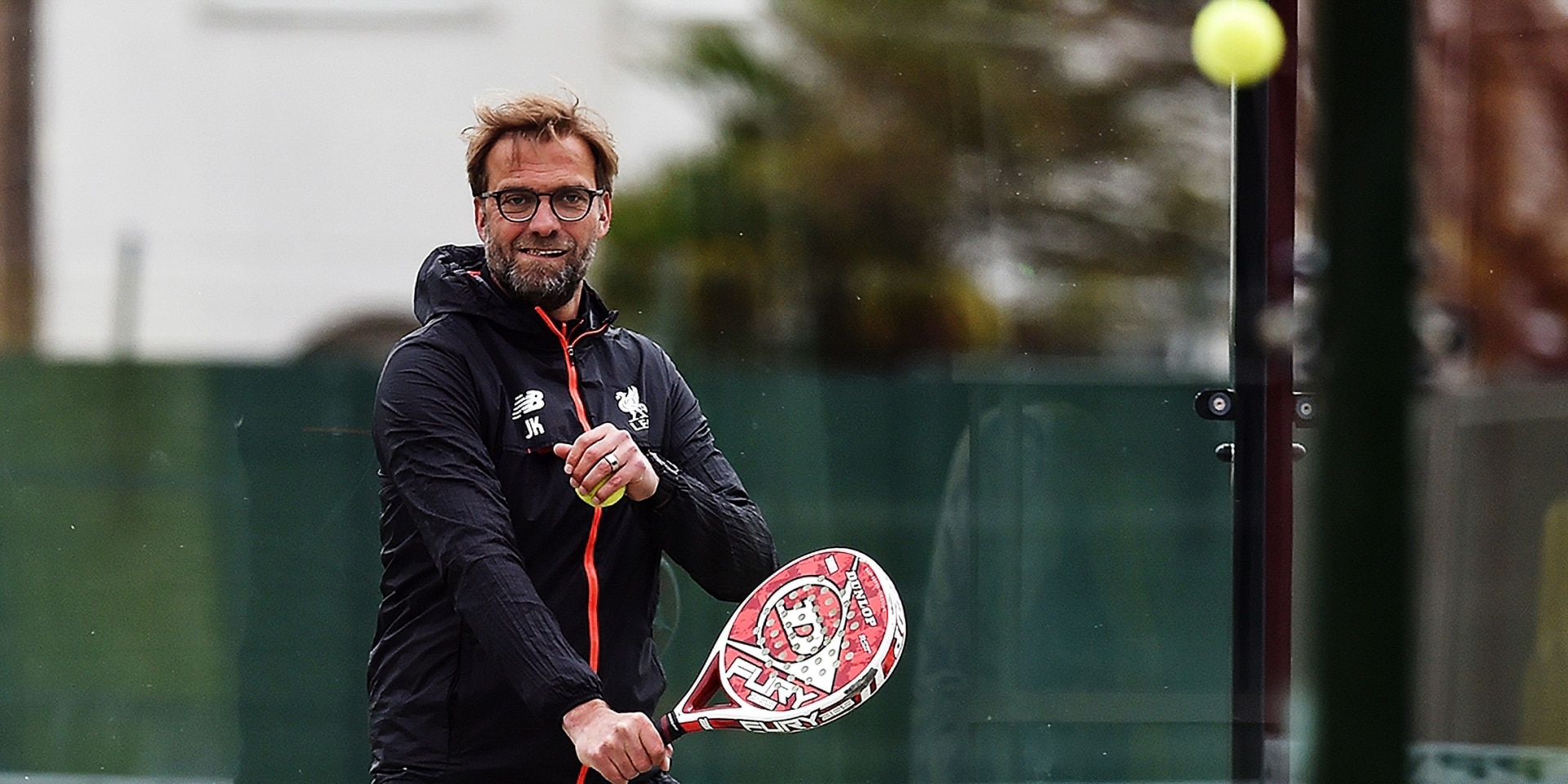
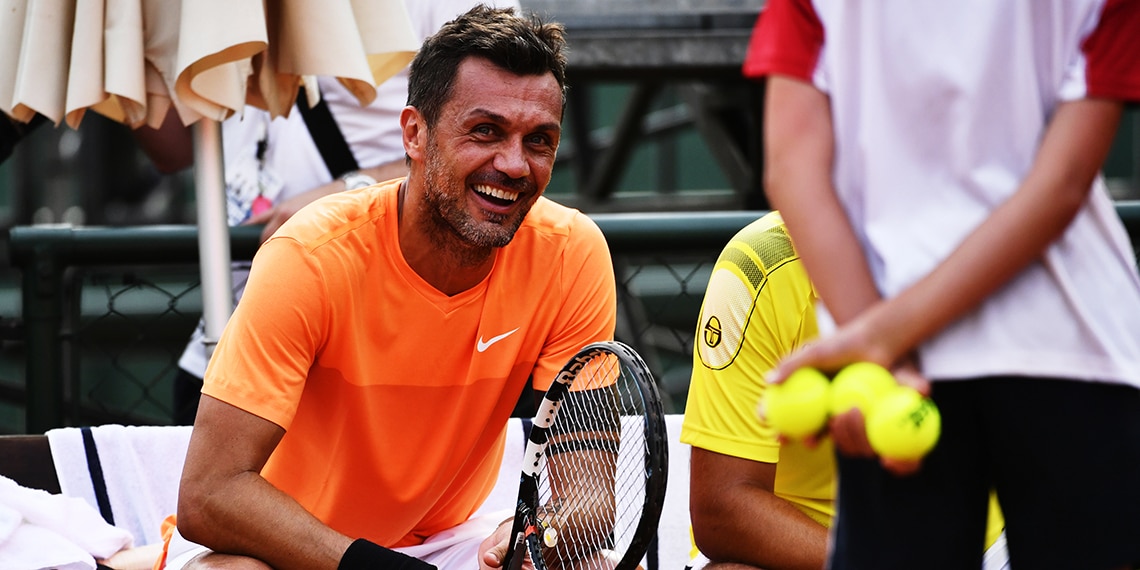
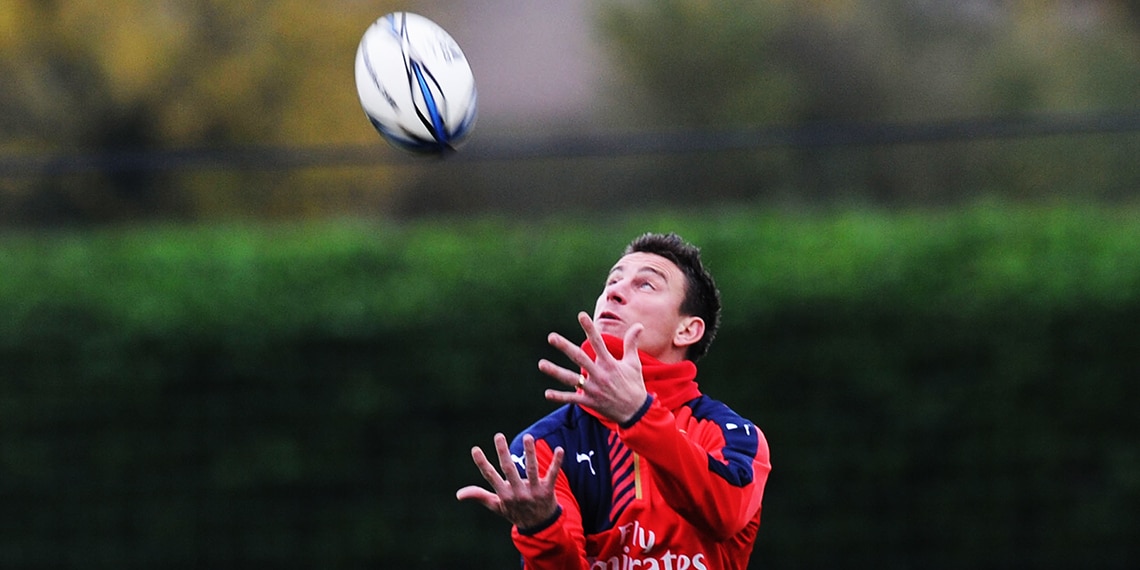
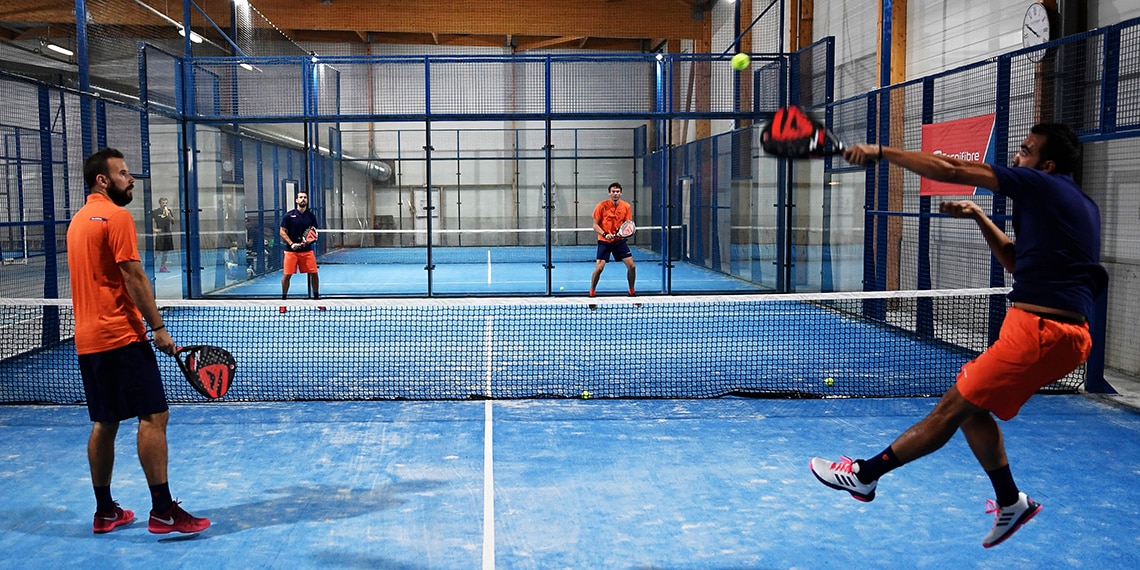
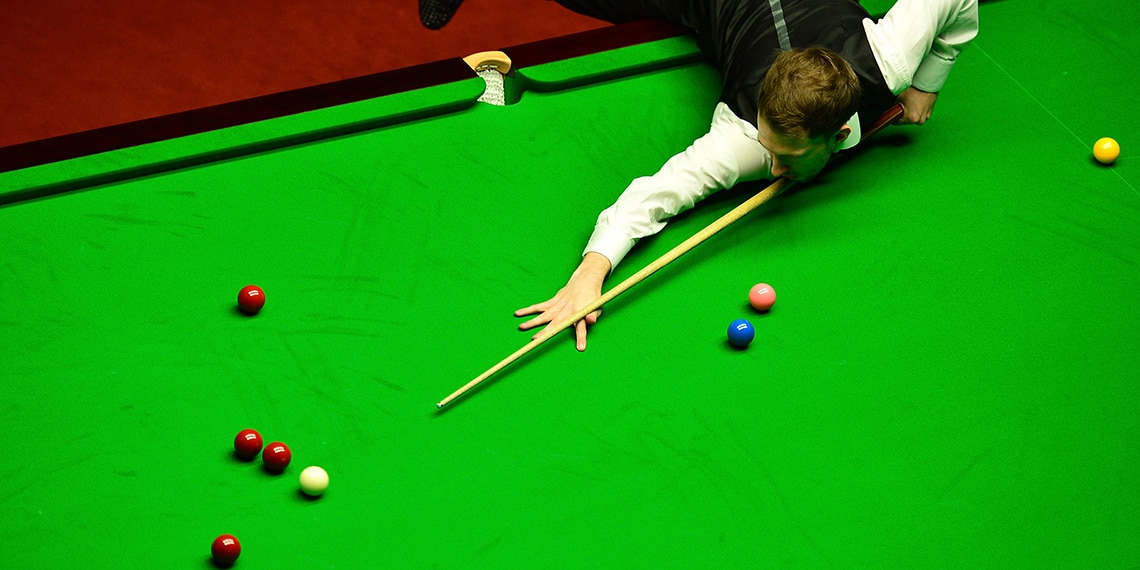

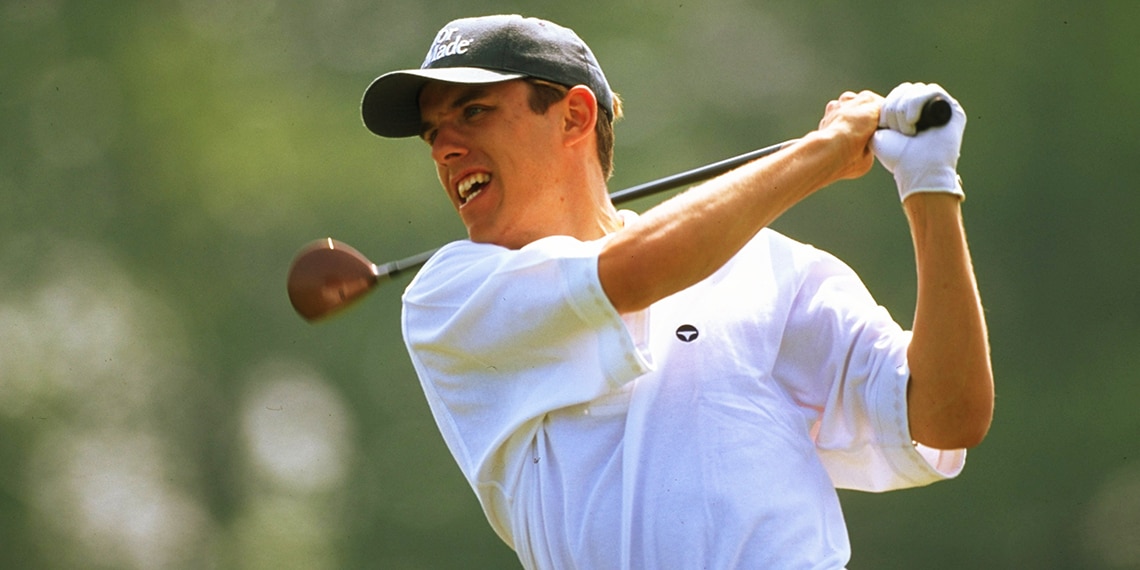
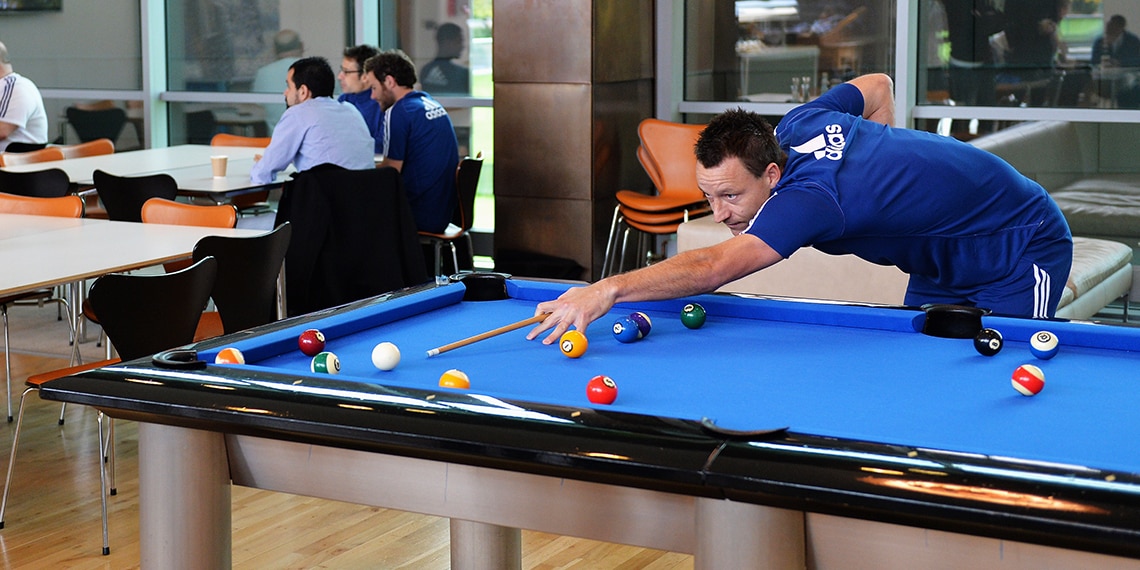






Log in or register to post comments